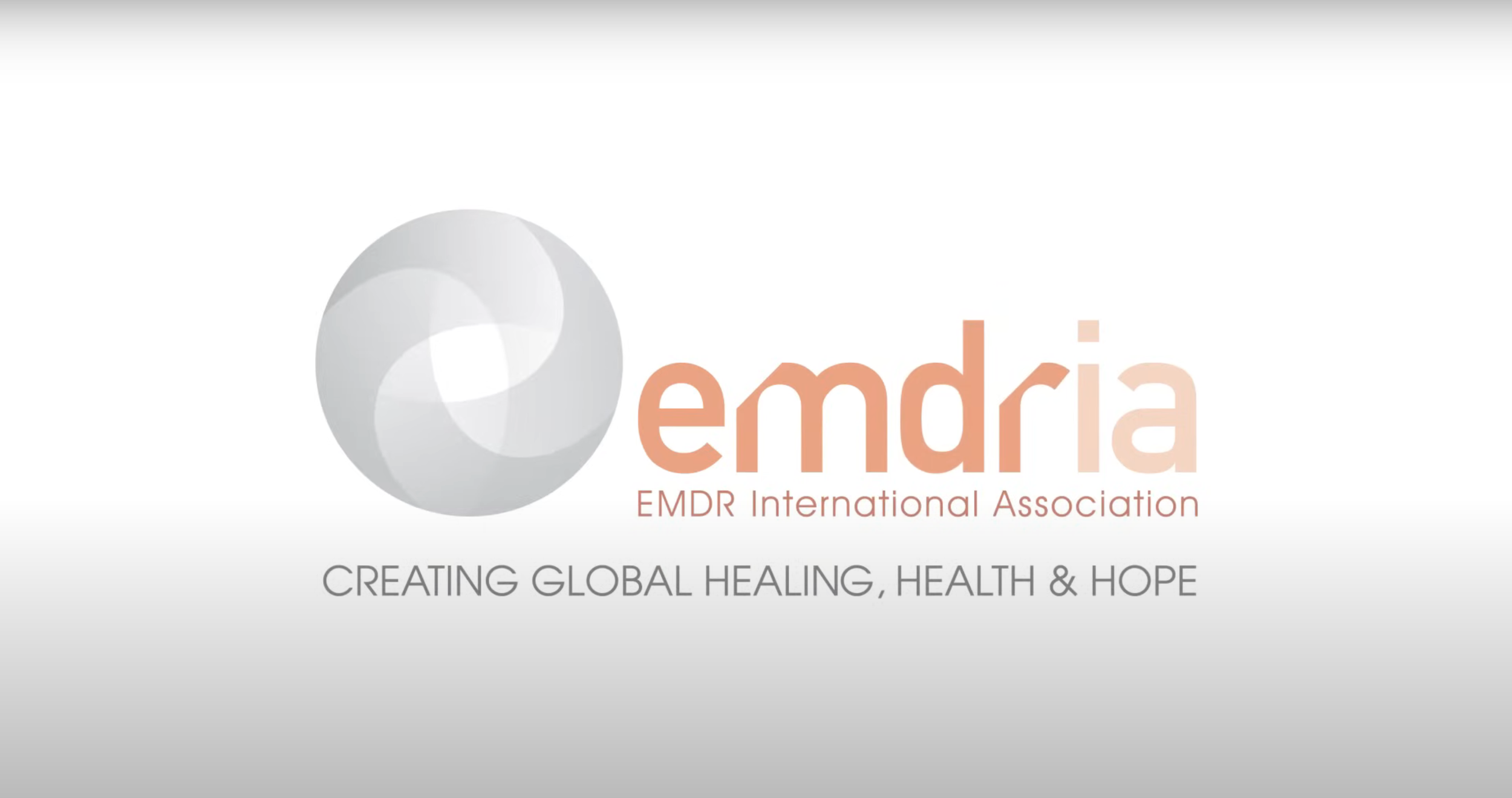EMDR
Reprocess.
Release. Heal.
What Is EMDR?
EMDR stands for Eye Movement Desensitization and Reprocessing—a powerful, research-backed therapy designed to help people heal from trauma and emotionally distressing life experiences.
At its core, EMDR is based on the idea that emotional healing is deeply connected to our physical (or somatic) state. That’s why it uses a technique called bilateral stimulation—this could be guided eye movements, tapping, or tones—to help the brain reprocess memories that are stuck or stored in the wrong place. The goal? To help your brain shift those painful memories into a more adaptive, less distressing form.
How Does EMDR Work?
When we go through something traumatic, the brain can struggle to process the experience correctly. Instead of filing the memory away like it does with everyday events, the brain “freezes” it—storing not just the memory, but the fear, pain, and confusion that came with it. Later on, seemingly unrelated triggers—sounds, smells, places—can bring that trauma flooding back, as if it’s happening all over again.
This is why unresolved trauma can feel so heavy. It can shape how we see ourselves, how we interact with others, and how we experience the world. These lingering effects often lead people to seek therapy.
EMDR helps the brain finish what it couldn’t do back then—process the memory properly. As the emotional intensity of the memory fades, people find they can respond to life in the present moment, without the past getting in the way.
What Can EMDR Help With?
EMDR isn’t just for major traumas like combat or abuse—it’s effective for a wide range of difficult life experiences, including:
Emotional, physical, or sexual abuse
Neglect or abandonment
Bullying
Loss, grief, or divorce
Medical trauma or serious illness
Car accidents
Attachment wounds or relationship struggles
PTSD and complex trauma
If a past experience is still affecting you today, EMDR could help bring relief and healing.
Is EMDR Safe?
Yes—EMDR is a well-researched, evidence-based therapy recognized by major organizations like:
The American Psychiatric Association
The World Health Organization (WHO)
The U.S. Department of Defense
SAMHSA (Substance Abuse and Mental Health Services Administration)
Over 30 randomized clinical trials have confirmed its safety and effectiveness.
Want to Know More?
If you're curious about EMDR or wondering if it might be a good fit for you, I’d love to talk. Feel free to reach out—your healing journey doesn’t have to wait.
